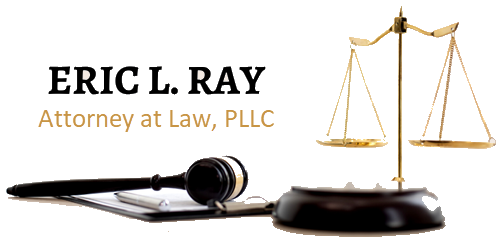Assault Crimes
Assault crimes are some of most common cases that criminal defense lawyers handle. Whether yours is a case of self-defense, false identification, or a simple false accusation, you want an experienced criminal defense attorney to help you navigate these charges. What many people do not know is that pleading guilty to even a misdemeanor like Assault in the 4th Degree, which involves domestic violence, can cause you to lose some of your valuable rights. That’s why you need a capable, experienced defense attorney to help you determine the best defense for your situation.
Below are some of the Kentucky assault statutes. Questions about your situation? Call Eric L. Ray at 859-242-3487 to schedule your free initial consultation!
508.010 Assault in the first degree.
(1) A person is guilty of assault in the first degree when: (a) He intentionally causes serious physical injury to another person by means of a deadly weapon or a dangerous instrument; or (b) Under circumstances manifesting extreme indifference to the value of human life he wantonly engages in conduct which creates a grave risk of death to another and thereby causes serious physical injury to another person. (2) Assault in the first degree is a Class B felony.
508.020 Assault in the second degree.
(1) A person is guilty of assault in the second degree when: (a) He intentionally causes serious physical injury to another person; or (b) He intentionally causes physical injury to another person by means of a deadly weapon or a dangerous instrument; or (c) He wantonly causes serious physical injury to another person by means of a deadly weapon or a dangerous instrument. (2) Assault in the second degree is a Class C felony.
508.025 Assault in the third degree.
(1) A person is guilty of assault in the third degree when the actor: (a) Recklessly, with a deadly weapon or dangerous instrument, or intentionally causes or attempts to cause physical injury to: 1. A state, county, city, or federal peace officer; 2. An employee of a detention facility, or state residential treatment facility or state staff secure facility for residential treatment which provides for the care, treatment, or detention of a juvenile charged with or adjudicated delinquent because of a public offense or as a youthful offender; 3. An employee of the Department for Community Based Services employed as a social worker to provide direct client services, if the event occurs while the worker is performing job-related duties; 4. Paid or volunteer emergency medical services personnel certified or licensed pursuant to KRS Chapter 311A, if the event occurs while personnel are performing job-related duties; 5. A paid or volunteer member of an organized fire department, if the event occurs while the member is performing job-related duties; 6. Paid or volunteer rescue squad personnel affiliated with the Division of Emergency Management of the Department of Military Affairs or a local disaster and emergency services organization pursuant to KRS Chapter 39F, if the event occurs while personnel are performing job-related duties; 7. A probation and parole officer; 8. A transportation officer appointed by a county fiscal court or legislative body of a consolidated local government, urban-county government, or charter government to transport inmates when the county jail or county correctional facility is closed while the transportation officer is performing job-related duties; 9. A public or private elementary or secondary school or school district classified or certified employee, school bus driver, or other school employee acting in the course and scope of the employee’s employment; or 10. A public or private elementary or secondary school or school district volunteer acting in the course and scope of that person’s volunteer service for the school or school district; or (b) Being a person confined in a detention facility, or state residential treatment facility or state staff secure facility for residential treatment which provides for the care, treatment, or detention of a juvenile charged with or adjudicated delinquent because of a public offense or as a youthful offender, inflicts physical injury upon or throws or causes feces, or urine, or other bodily fluid to be thrown upon an employee of the facility. (2) Assault in the third degree is a Class D felony.
508.030 Assault in the fourth degree.
(1) A person is guilty of assault in the fourth degree when: (a) He intentionally or wantonly causes physical injury to another person; or (b) With recklessness he causes physical injury to another person by means of a deadly weapon or a dangerous instrument. (2) Assault in the fourth degree is a Class A misdemeanor.

